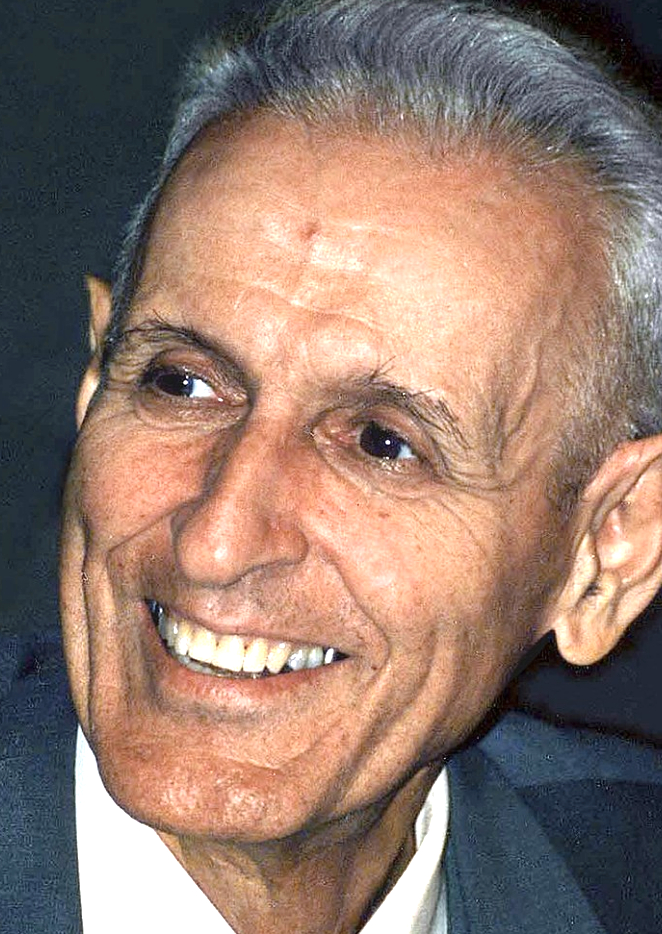On this date in 1928, Murad Kevorkian, later known as Jack, was born to Armenian immigrants in Pontiac, Mich. “My parents never foisted religion on me. My father never was religious much. My mother was — the old country religion. But not fanatic. But I never believed in God. I never believed in Santa Claus.” (Interview with Neil Cavuto on Fox News, Sept. 2, 2009.)
He earned his M.D. from the University of Michigan in 1952 and later specialized in pathology. He wrote a series of articles in the 1980s for the German journal Medicine and Law, detailing his reasoning on the ethics of euthanasia. His first known assisted suicide occurred in 1990, and the state of Michigan revoked his medical license a year later as a result. Believing that the right to die was not a crime, Kevorkian assisted in the pain-free suicides of more than 130 people with terminal illnesses.
He spent eight years in prison (out of a 10- to 25-year sentence) after being convicted of second-degree murder for one of these suicides. He was released on parole in 2007, on the condition he would not help anyone else commit suicide.
Kevorkian maintained that his harshest critics were “religious fanatics or nuts.” (“Kevorkian Speaks After His Release From Prison,” N.Y. Times, June 4, 2007.) In his keynote address at the 1990 Freedom From Religion Foundation annual convention, Kevorkian said, “Religion is telling law what to do, and law is telling doctors what to do. Religion dictates to law, and law dictates to ethics. No wonder we have problems. That’s insanity!”
He described the history of euthanasia and abortion as standard procedures in the secular medical world until Christianity injected its influence on the profession several centuries later. He described this shift as “the origin of all the crises we’re having.” In an interview on FOX News, when asked how he wanted to be remembered, Kevorkian responded: “Doesn’t matter. Doesn’t matter at all. When I’m dead, nothing matters.” (Sept. 2, 2009)
He told the Jackson Citizen in 1990: “My aim is to establish a rational policy of planned death. … We have no planned death. We have no policy, and it’s not rational. I want to fight suffering and eliminate it.” (D. 2011)
PHOTO: Kevorkian at the National Press Club in 1996; Kingkong photo under CC 2.0.


